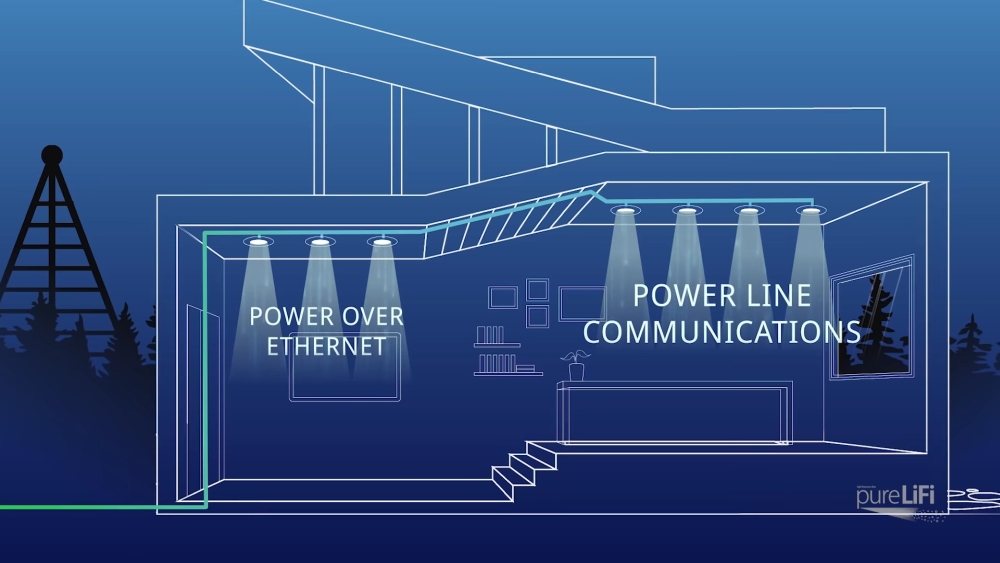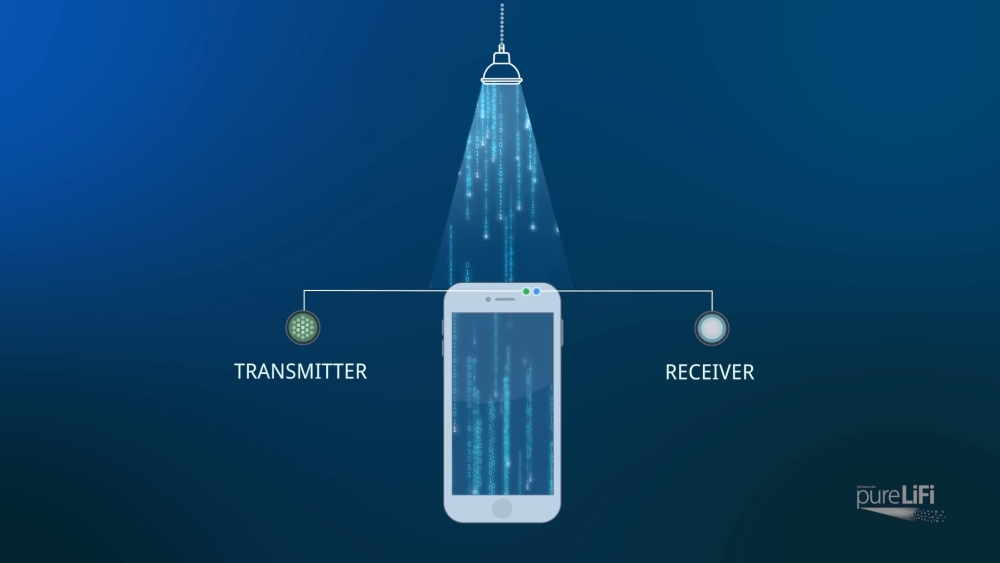If you’re familiar with WiFi, then you’ve at the very least seen the numbers 802.11 representing the various WiFi standards. Now, the organisation that comes up with these standards, the Institute of Electrical and Electronics Engineers (IEEE), has announced a new one, 802.11bb. But this is not a new WiFi standard, but instead one for LiFi, or Light Fidelity.
Of course, LiFi is not here to replace WiFi, but rather, it will serve as either an alternative or to complement the existing tech. As the name suggests, the tech uses the light spectrum, rather than radio frequency which can already be pretty congested as it is. It also helps that the visible light spectrum is about 10,000 times broader than the radio frequency spectrum.

So what makes LiFi tick anyway? The basic idea is to have a photodiode to receive light signals and transmit them back, and a light source like an LED that’s equipped with a signal processing chip. The LED is made to flicker at speeds that are too high for the human eye to perceive, with the flickering being the way it sends data to the photodiode. This way, data can be transferred at rates of up to 224Gbps, or about 100 times faster than WiFi.
Of course, LiFi is not without issues of its own. And the primary one is that it is very susceptible to light interference. This includes from sunlight, making them either useless in the outdoors during the day, or making them a source of light pollution if the intensity is cranked too high to counteract possible interference. And because the underlying principle of the tech is light, this means signal emitters and receivers have to be within line of sight, and you’ll need more of both scattered around to achieve the coverage of a single WiFi router. Though depending on your perspective, this can be viewed as a security feature.

With all this in mind, plus the infrastructural changes that need to happen for this to be widespread, it will be awhile before LiFi breaks into the mainstream. But with the IEEE announcing the 802.11bb standard, it serves as the first step into a future where it happens.
(Source: Businesswire, LiFi.co)
Follow us on Instagram, Facebook, Twitter or Telegram for more updates and breaking news.



